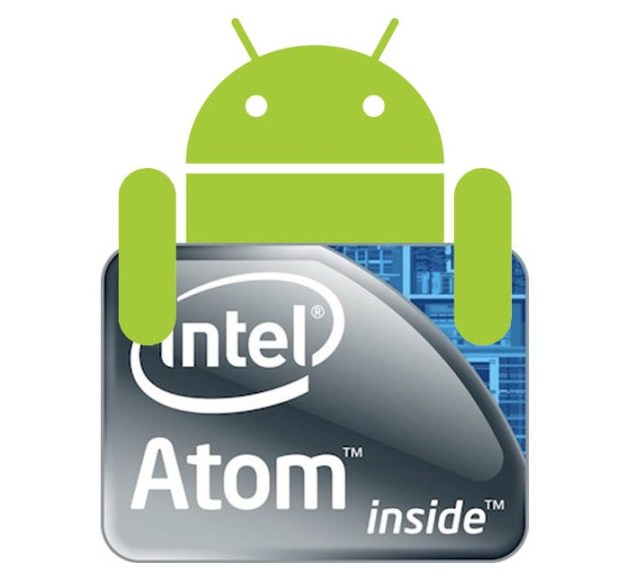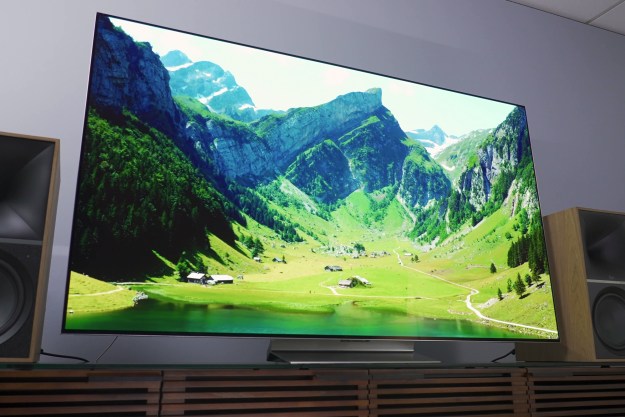
Intel has been missing out on the Android party ever since ARM came and stole Google’s heart with its power-efficient and affordable processors, but the major microprocessor manufacturer is already hard at work trying to woo Android. Intel has just released a pre-alpha build of an “Intel-Optimized” edition of Android, meaning that the Operating System may very well come in future PCs dual-booting alongside Windows.
The idea of dual-booting Windows and Android is old news, but doing it with a standard Intel x86 processor has yet to be accomplished. While devices like the ASUS Transformer AIO allow you to run both, they actually utilize two different processors, an Intel and an ARM processor, to do it. This new accomplishment by Intel is putting the notion of native dual-booting Windows and Android close to reality.
Android was built from the ground up in ARM architecture, but Intel’s new pre-alpha is suggesting the company is investing time and money into porting it for x86 processors – namely Intel ones. The company has been working on contributing x86-based Android components for years now, but this most recent development is for Android’s latest version, Jelly Bean 4.2.2, and means Intel is keeping up with the updates to perhaps someday bring a fully fledged port to its x86-based tablets and PCs – likely along with its new Intel Atom Clover Trail series of low-power processors. This means we may be only a year or less away from having PCs that dual-boot Windows and Android.
While Intel deserves credit for such hard work, it’s also worth noting they are far from the first to try this. The Android x86 project is itself a complete port of Android Jelly Bean and has been hard at working bringing Android to netbooks since 2011. Intel has more money and more manpower than this independent group of developers, and has actually contributed to Android x86 through its open source releases, but what matters more here is that Android is getting closer than ever to being an option on a PC just like Windows, bringing with it a large community of application developers and other projects.
Unfortunately, there is a disadvantage to running Android in an x86 architecture: all applications made for ARM-based Android devices will not work unless they are re-compiled for the x86 architecture or are emulated. This means that every game, program or utility on Android has to be rebuilt for x86 architecture in order to work, and while much more efficient than emulation, will mean that most applications will not work out of the box for Intel-based Android devices. In the end though, if enough people are interested in the power of the Atom, then there will certainly be plenty of applications by the time Intel releases its first Android-Windows tablet, perhaps offering one of the most versatile tablets on the market.


